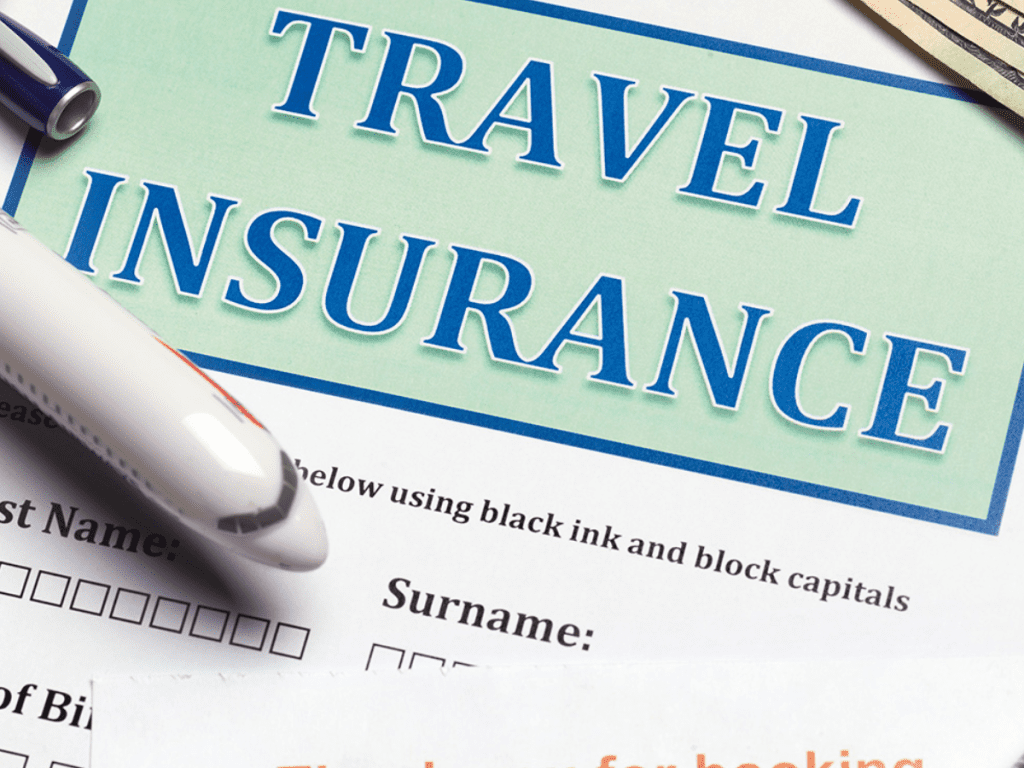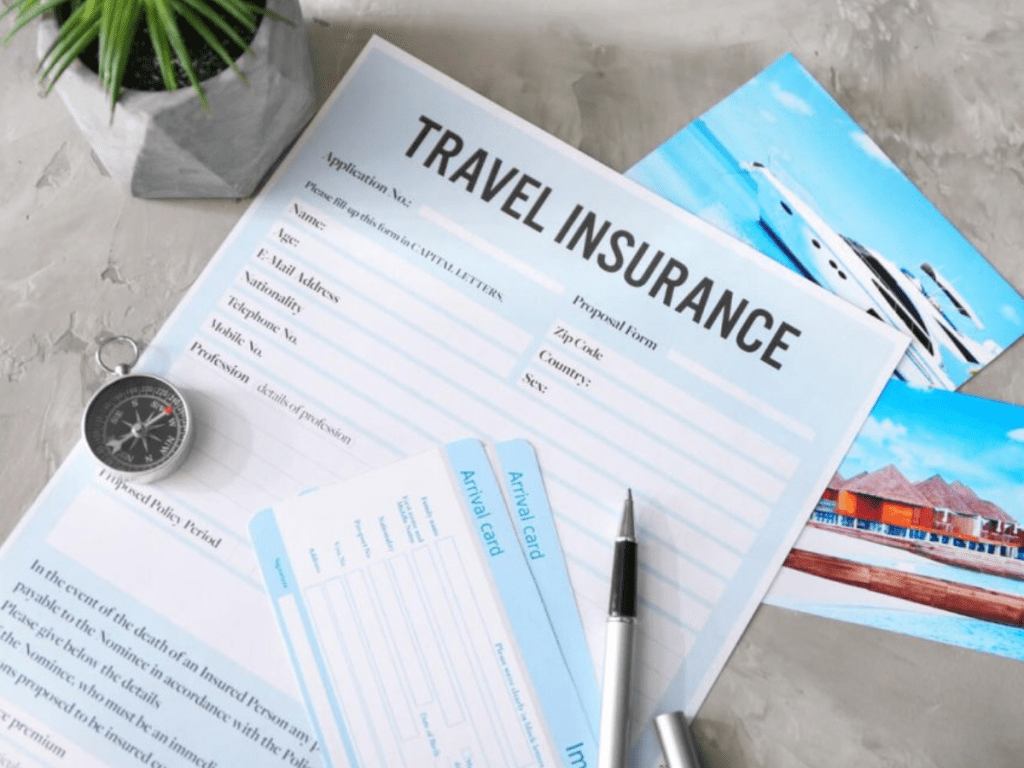Introduction
Travel insurance is an essential aspect of planning any trip, offering peace of mind and protection against unexpected events. However, many travelers make common mistakes when selecting their travel insurance policies, which can lead to inadequate coverage or unnecessary expenses. To help you avoid these pitfalls, we’ve compiled a comprehensive guide to the ten most common mistakes people make when choosing travel insurance and how to steer clear of them.
1. Underestimating the Importance of Travel Insurance
One of the most significant mistakes travelers make is assuming they don’t need travel insurance. Some believe their credit card benefits or existing health insurance will suffice, only to find out these options offer limited coverage abroad. Travel insurance is specifically designed to address trip cancellations, medical emergencies, lost belongings, and other travel-related issues, making it a crucial investment for any trip.
2. Purchasing the Cheapest Policy
Many travelers opt for the least expensive travel insurance policy to save money, but this can backfire. Cheap policies often provide minimal coverage and may not include essential protections such as trip cancellation, emergency medical evacuation, or lost baggage. It’s important to carefully review the policy details and ensure it meets your specific needs rather than focusing solely on cost.
3. Failing to Read the Policy Fine Print
Another common mistake is neglecting to read the policy fine print. Travel insurance policies come with terms, conditions, and exclusions that outline what is and isn’t covered. For example, pre-existing medical conditions, adventurous activities, or pandemics may not be included unless explicitly stated. Always read the fine print to avoid surprises when you need to file a claim.
4. Overlooking Pre-Existing Medical Condition Coverage
If you have a pre-existing medical condition, it’s crucial to ensure your travel insurance policy provides adequate coverage. Some policies exclude pre-existing conditions altogether, while others offer coverage if you meet specific criteria, such as purchasing the policy within a certain timeframe after booking your trip. Disclosing your medical history and verifying the coverage is essential to avoid claim denials later.
5. Ignoring Coverage Limits
Travel insurance policies often have limits on coverage amounts for medical expenses, trip cancellations, baggage loss, and other benefits. For instance, a policy may only cover medical expenses up to a certain amount or reimburse you for a limited value of lost items. Understanding these limits and choosing a policy that offers sufficient protection for your needs is vital.
6. Not Considering Adventure or Sports Activities
If your travel plans include adventurous activities like skiing, scuba diving, or hiking, standard travel insurance policies may not cover these. Many policies exclude high-risk activities, requiring you to purchase additional coverage or a specialized policy. Ensure your chosen policy includes coverage for all activities you plan to undertake.
7. Delaying the Purchase of Travel Insurance
Some travelers wait until the last minute to buy travel insurance, which can be a costly mistake. Purchasing your policy shortly after booking your trip ensures you’re covered for unforeseen events that could disrupt your plans, such as illness, job loss, or natural disasters. Delaying can result in limited coverage or missing out on critical benefits.
8. Not Comparing Multiple Policies
Choosing the first travel insurance policy you come across is another common error. With so many providers offering varying levels of coverage, it’s essential to shop around and compare options. Use comparison websites or consult an insurance broker to find a policy that offers the best balance of coverage, cost, and benefits.
9. Assuming All Travel Insurance Policies Are the Same
Travel insurance policies vary significantly in terms of coverage, exclusions, and benefits. Assuming all policies are alike can lead to inadequate protection. For example, some policies may cover trip cancellations for any reason, while others have strict criteria. Take the time to understand the differences and select a policy tailored to your specific needs.
10. Failing to Keep Documentation
Lastly, failing to keep proper documentation can make it difficult to file a claim. Always save receipts, medical reports, and other relevant documents while traveling. Most insurance providers require these to process claims, and missing documentation can result in delays or denials. Organizing your travel paperwork can save you a lot of hassle if you need to make a claim.
How to Avoid These Mistakes
To ensure you select the right travel insurance policy, follow these tips:
- Assess Your Needs: Consider the nature of your trip, your destination, planned activities, and any pre-existing conditions to determine what type of coverage you require.
- Research Providers: Look for reputable travel insurance providers with good reviews and customer service ratings.
- Read the Policy Thoroughly: Take the time to understand the terms, conditions, and exclusions of any policy you’re considering.
- Ask Questions: If anything is unclear, don’t hesitate to contact the insurance provider for clarification.
- Buy Early: Purchase your travel insurance as soon as you book your trip to maximize coverage benefits.
By avoiding these common mistakes and taking a thoughtful approach to selecting travel insurance, you can enjoy your trip with confidence, knowing you’re well-protected against unexpected events. Safe travels!

